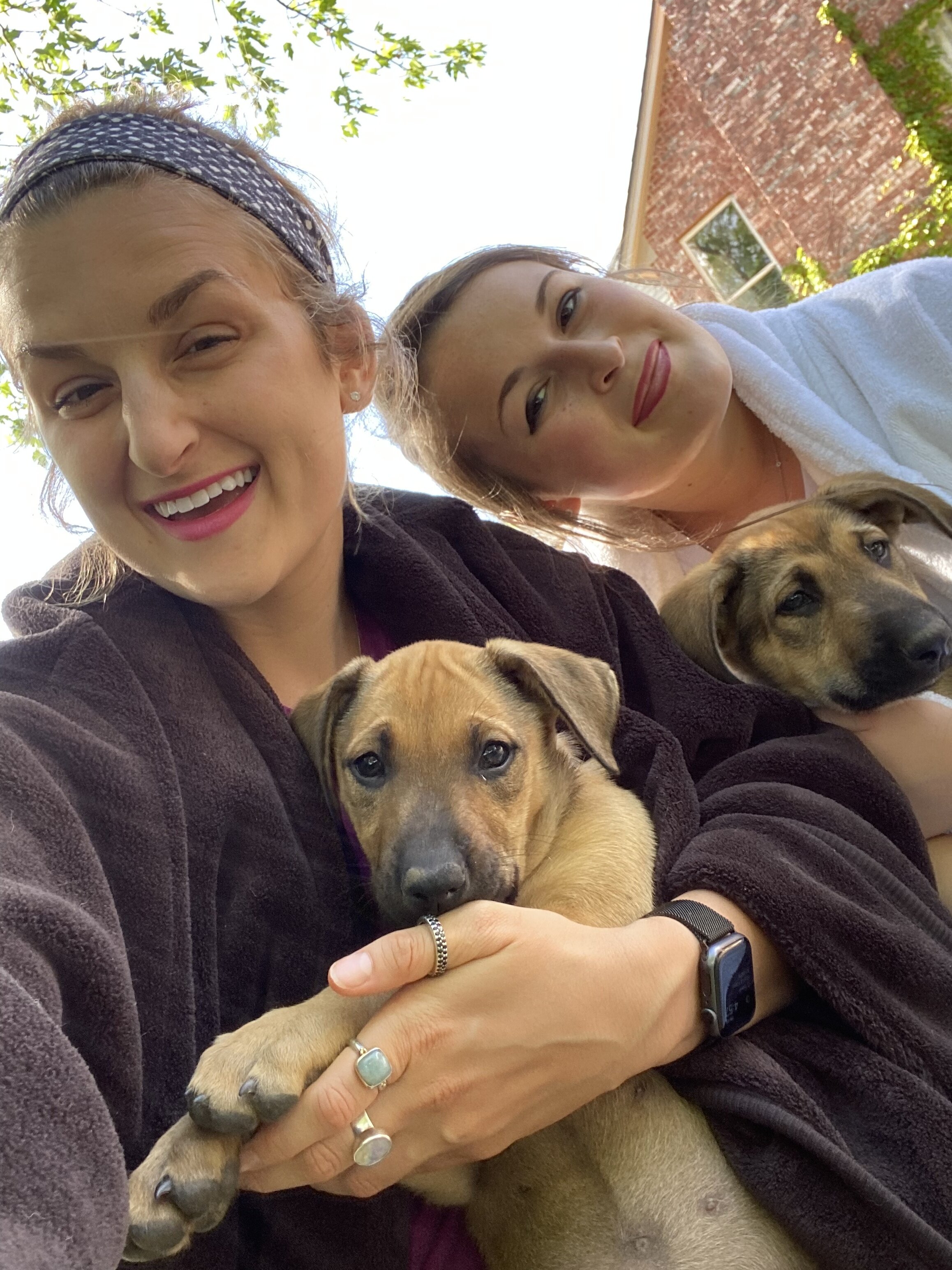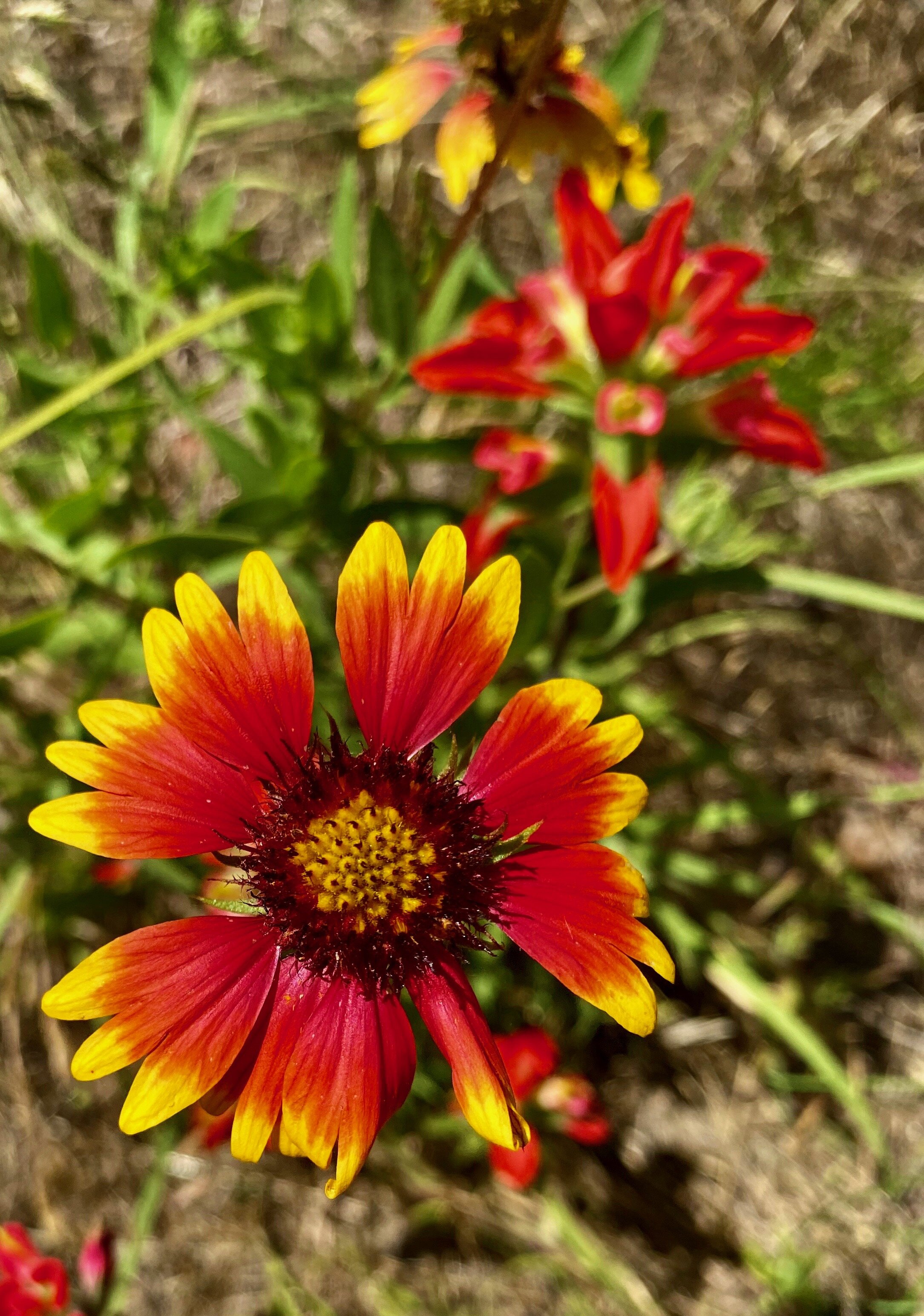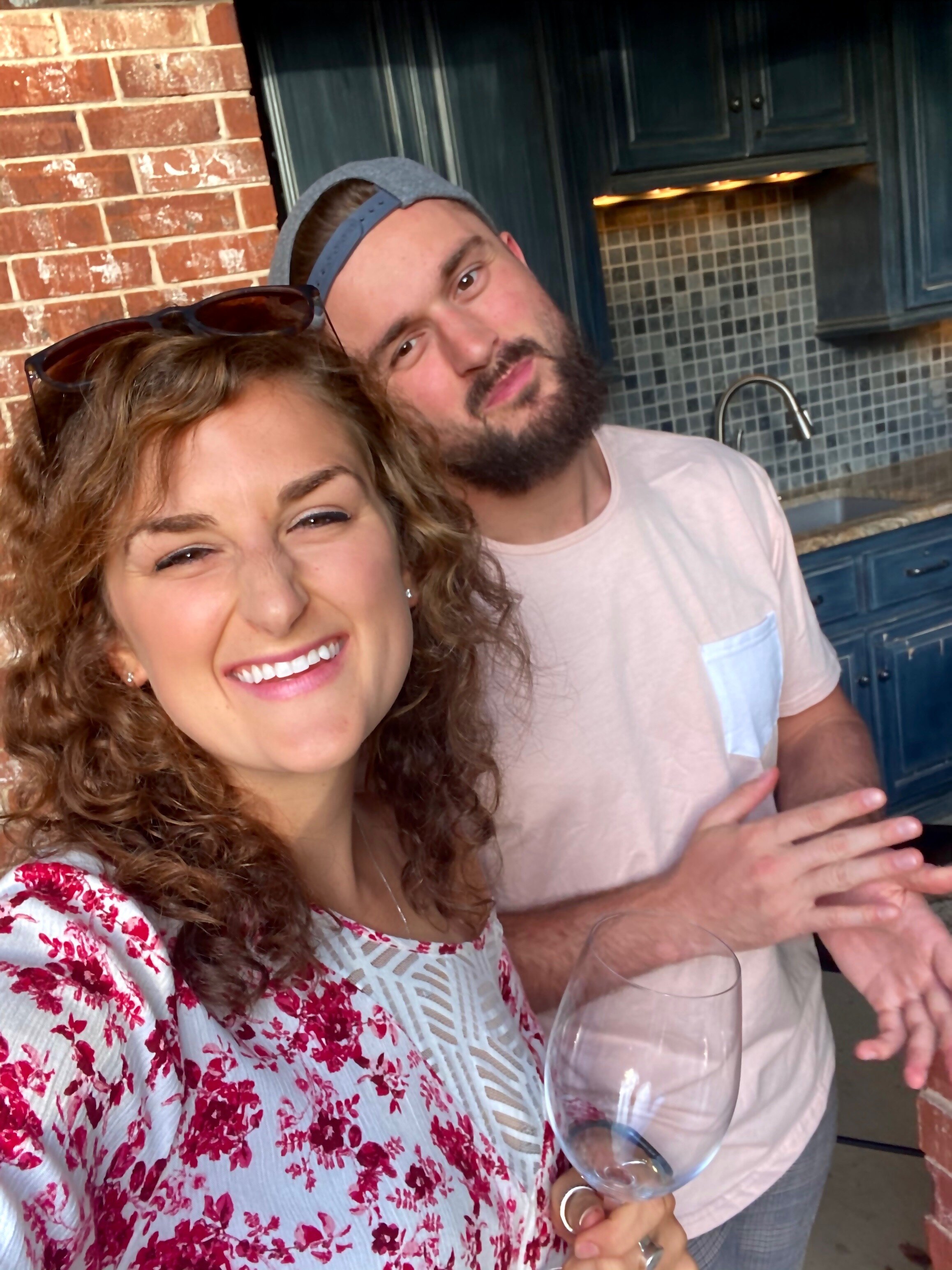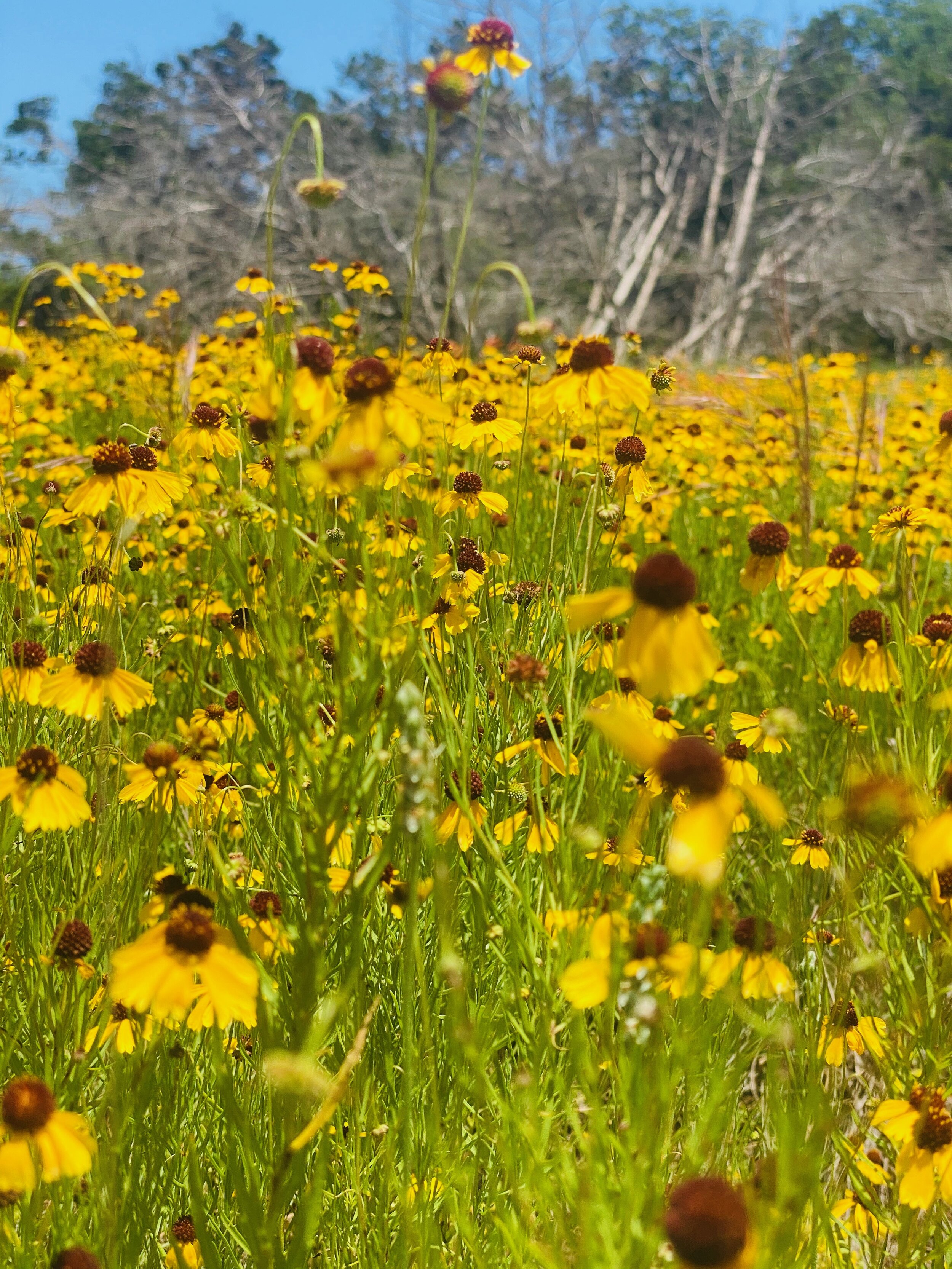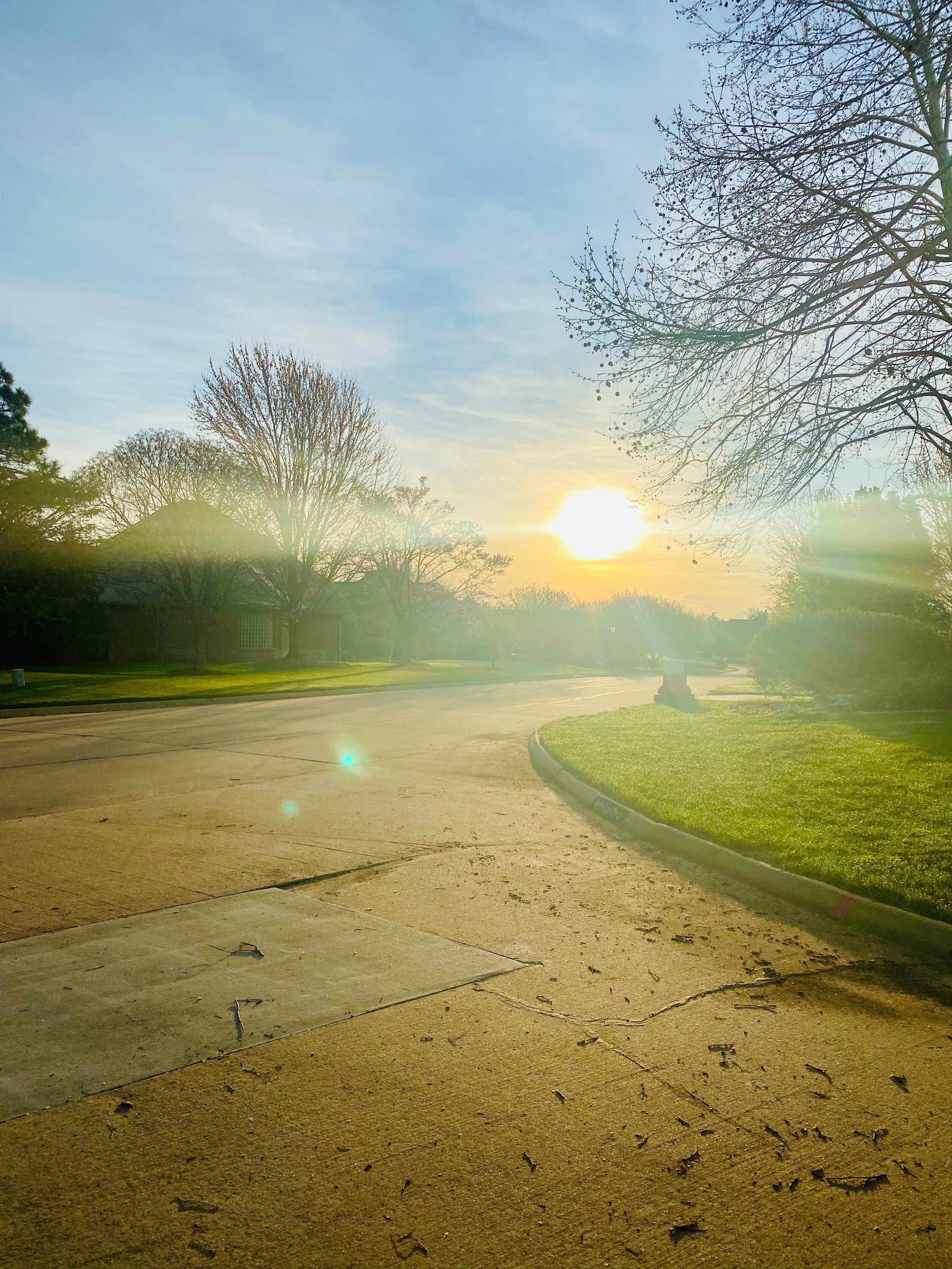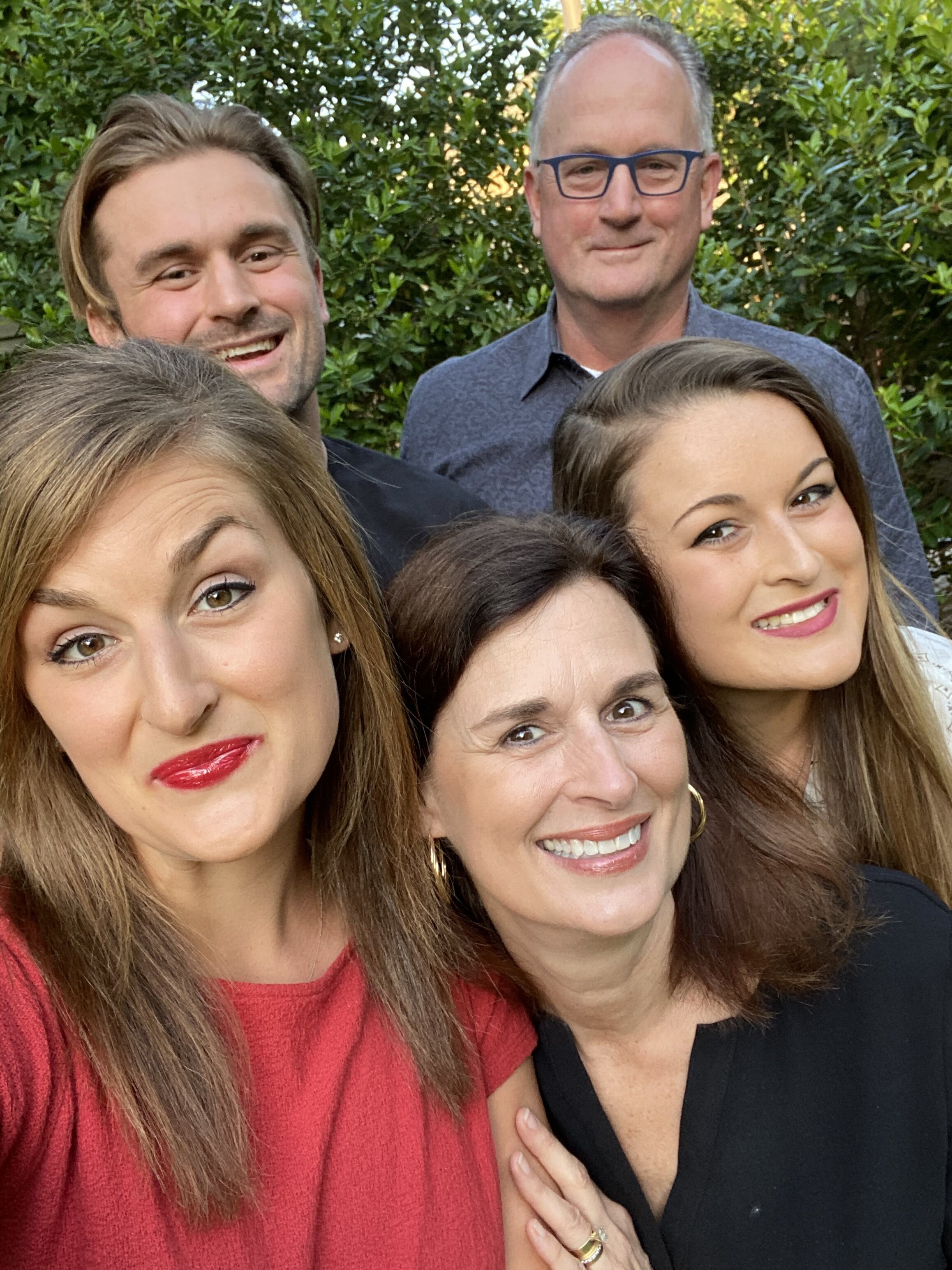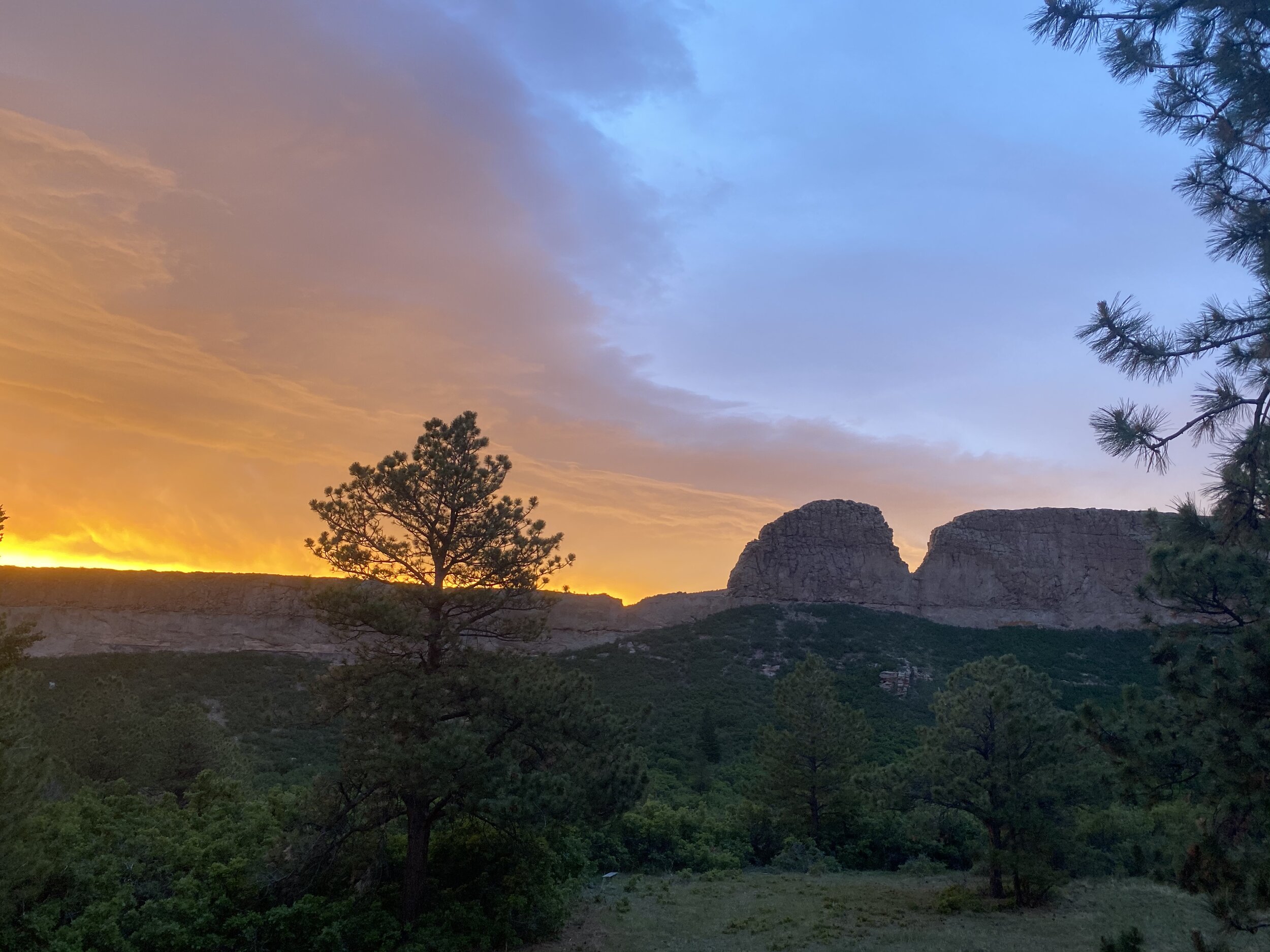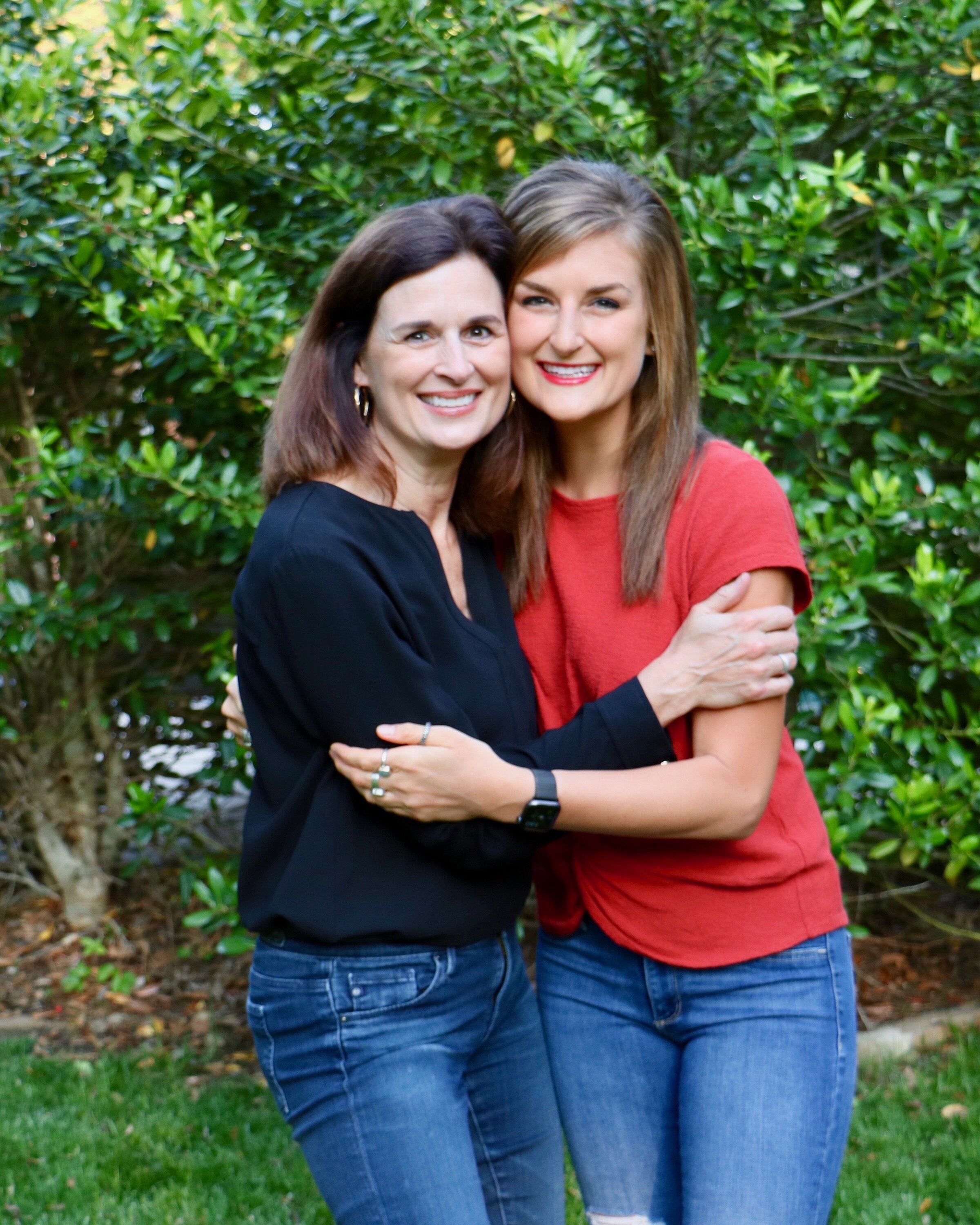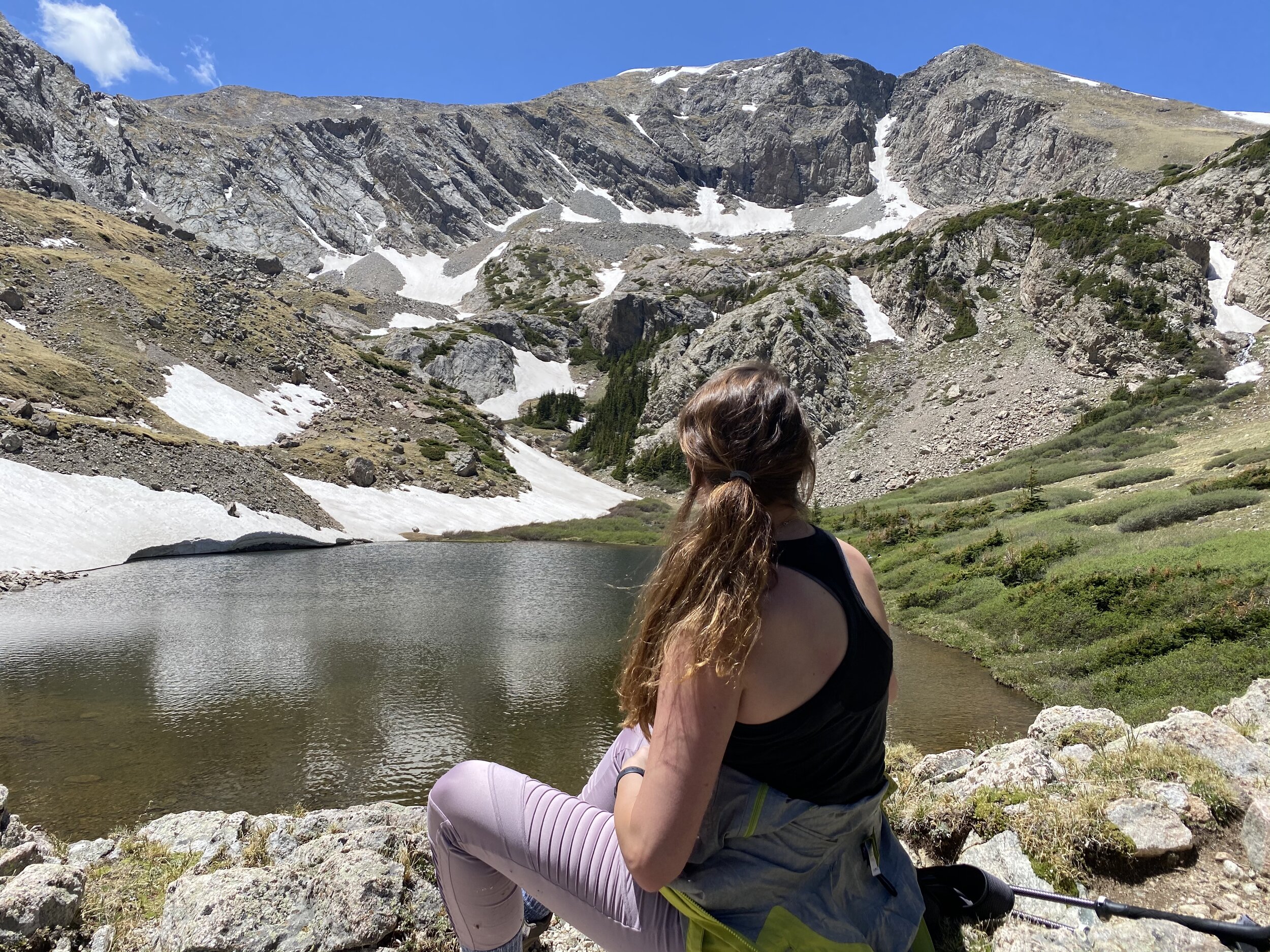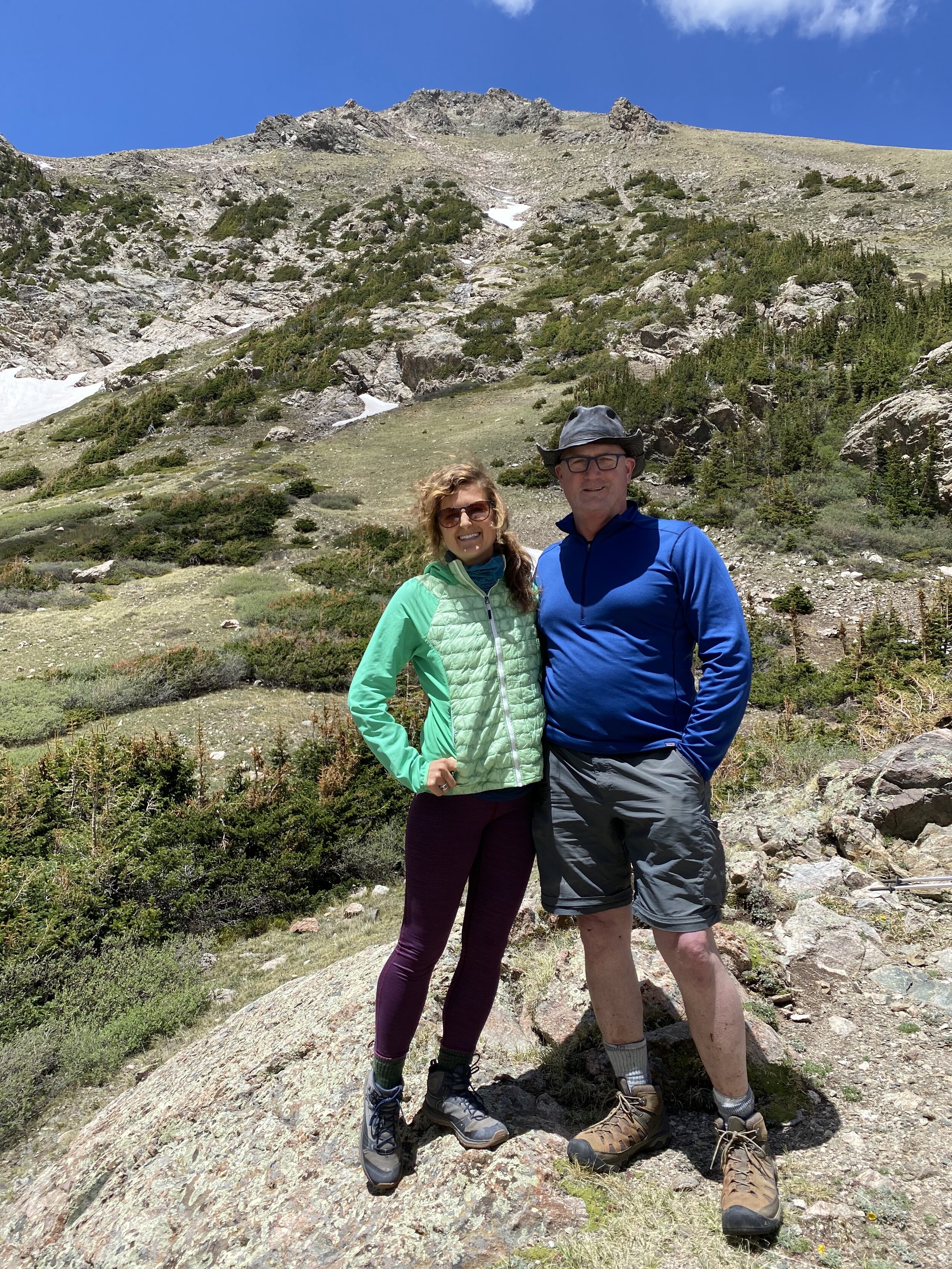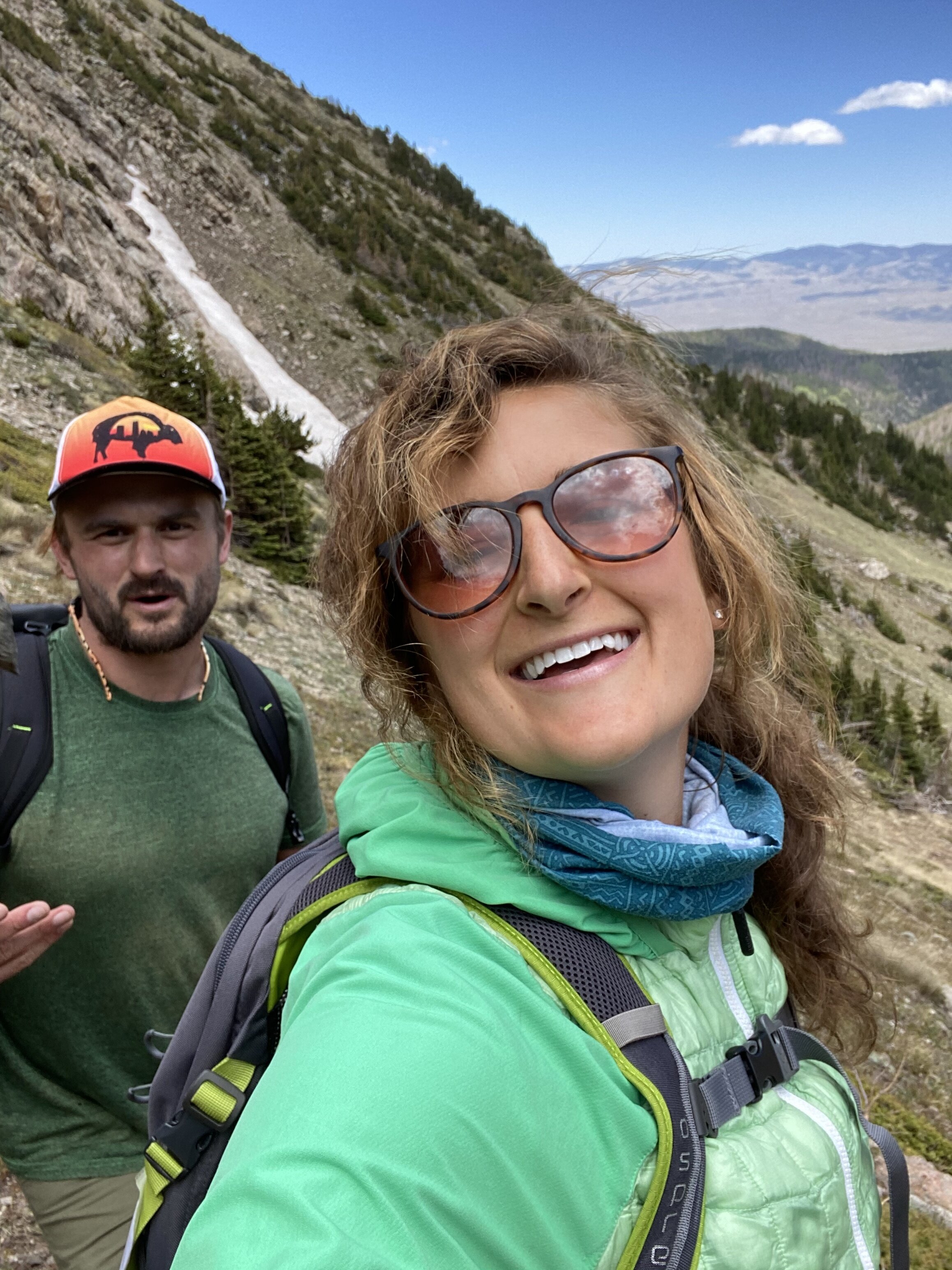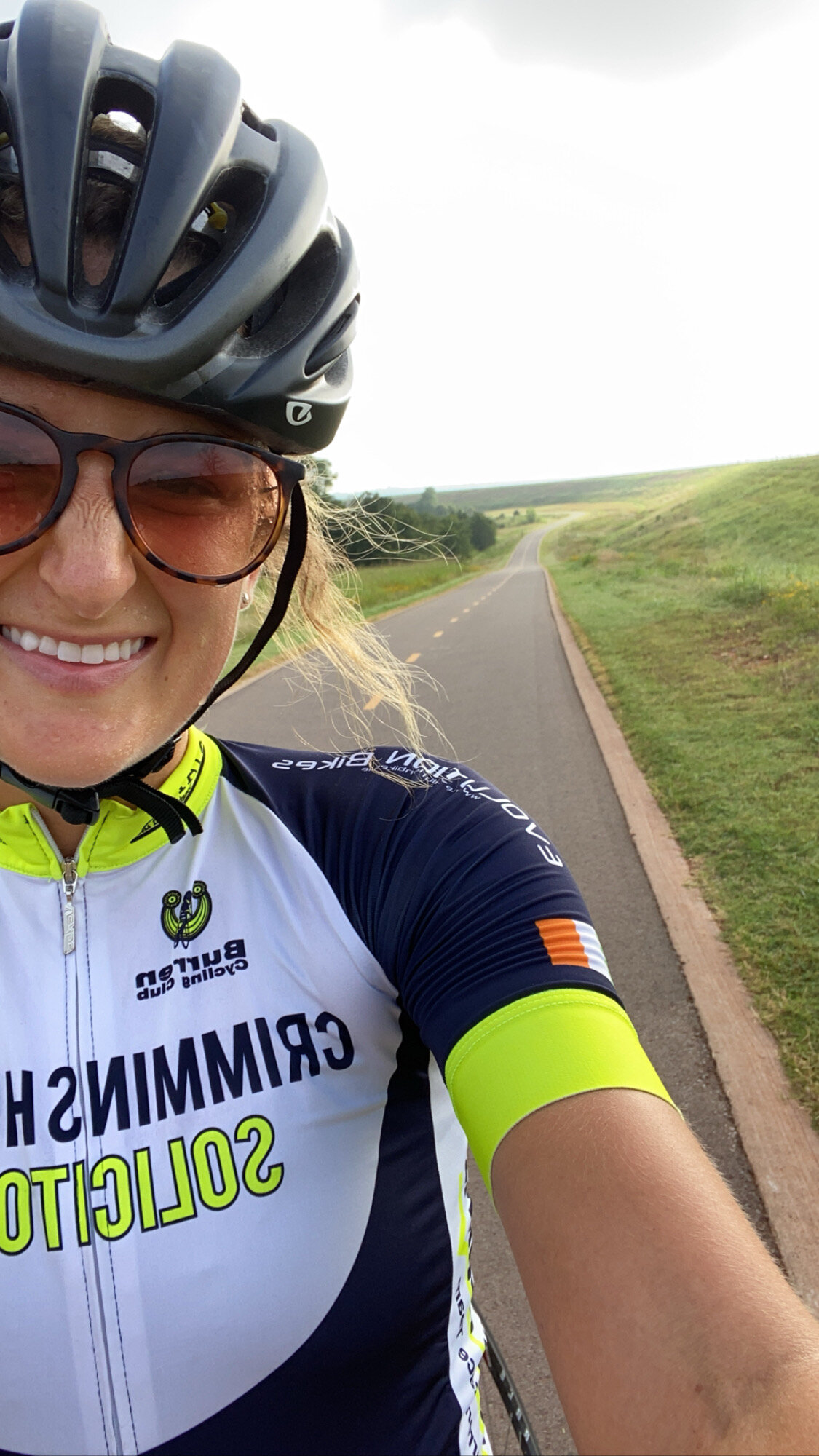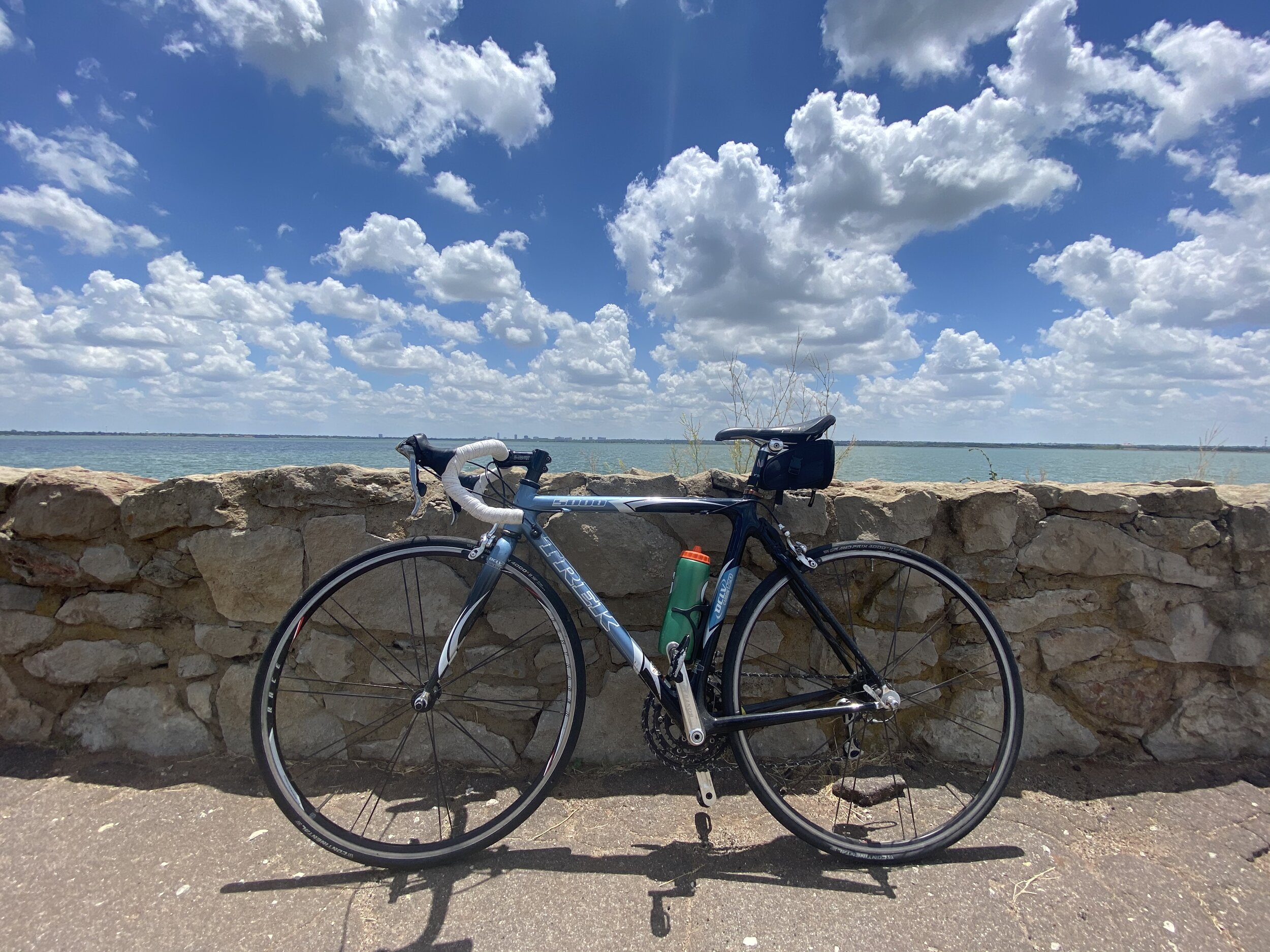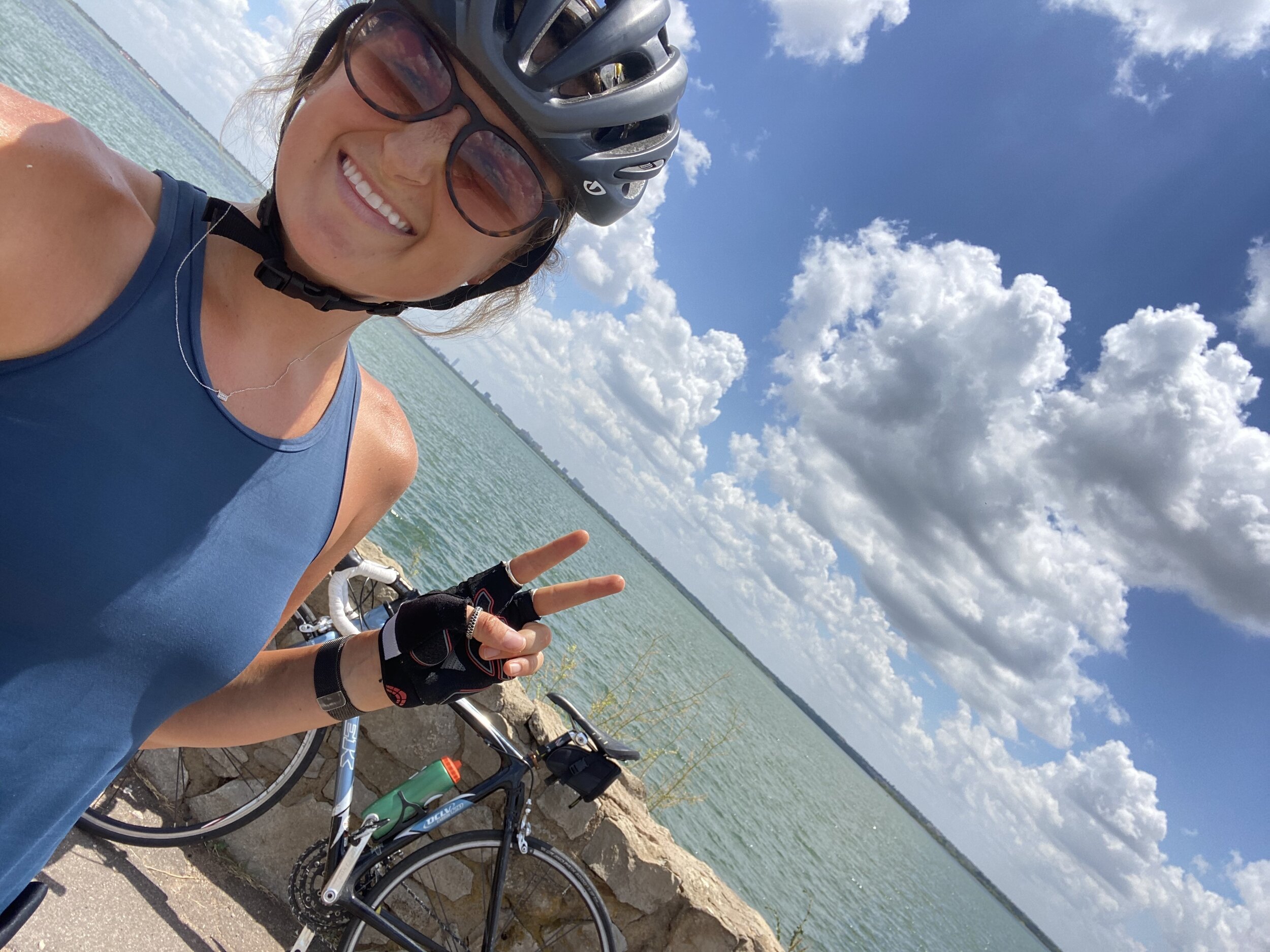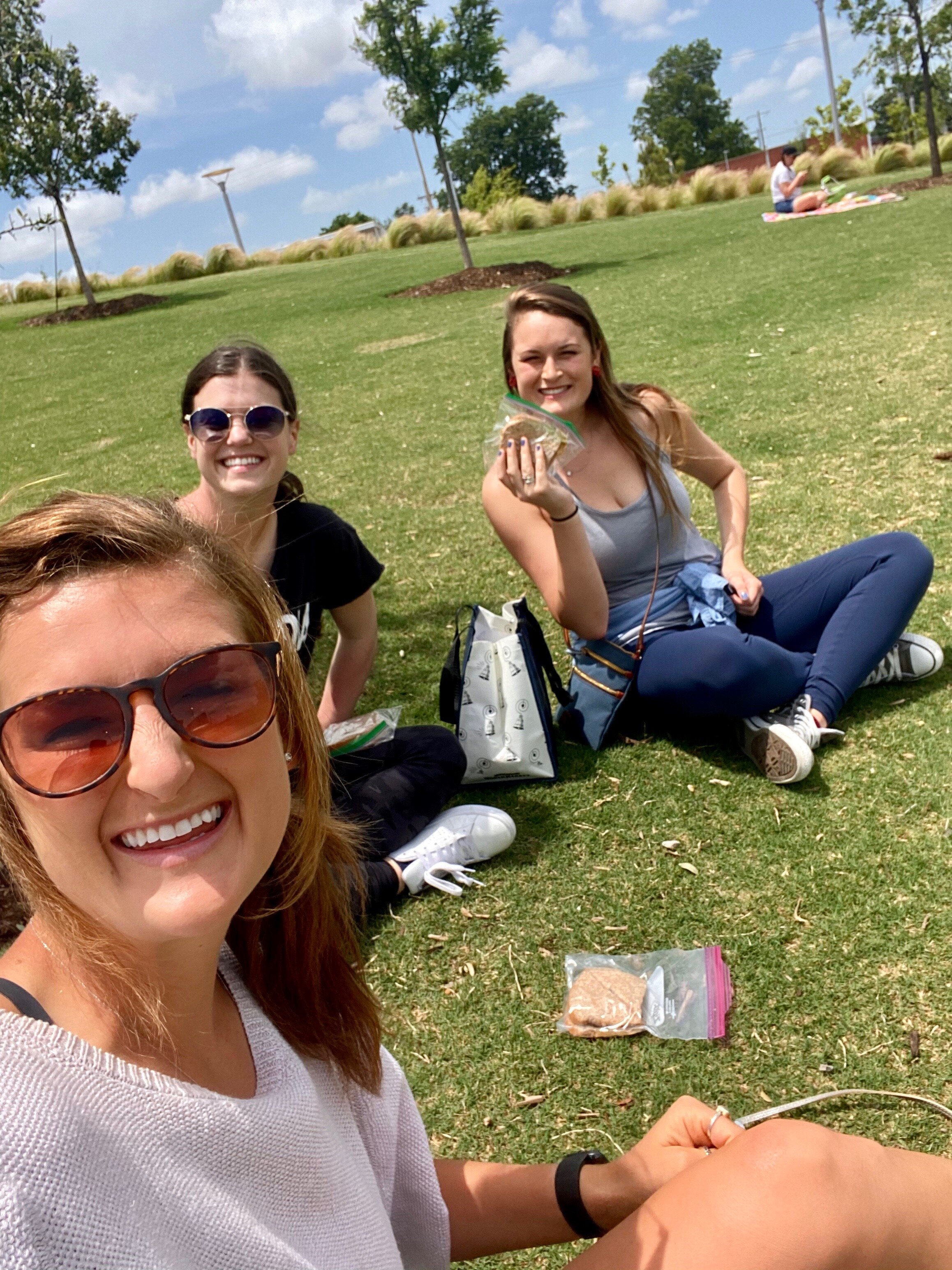Last year when I was completing my Wilderness First Responder Certification with NOLS, I told a “seriously injured” patient from one of the scenarios: “It will be okay.” I said those words in an effort to comfort the individual as I treated them and prepared for their evacuation.
Immediately, I was corrected by one of the instructors who was evaluating my performance as a responder--“You should NEVER say ‘it’s going to be okay’.” Being an attentive and perfectionist-driven student I immediately felt embarrassed and adopted their feedback.
In my mind, I thought “of course, you shouldn’t say ‘it’s going to be okay’--how naive of me to think it’s an acceptable response when someone may not be okay? How could I be so ignorant!” Situations don’t always turn out the way we want them to. When you get injured in a remote setting, away from hospitals and emergency medical care that many of us are accustomed to, things can easily escalate and go really wrong.
The group of newly certified Wilderness First Responders from our course in Boulder, June 2019
A headache can turn into unconsciousness, chest pain can turn into a heart attack, an improperly cleaned wound could result in the amputation of a limb....I could go on with the scary potential realities and health risks associated with remote activities, but highlighting our fragility as humans is not the point of this post. I will admit: knowing more about all the things that could go wrong in the human body makes me more grateful that my own body continues showing up for me on a daily basis.
If you are not familiar with the content of Wilderness First Responder Courses, please let me be transparent here--the victim I was referring to did not actually seriously injure herself. We were taking turns acting out scenarios that could happen in a wilderness setting and learning how to respond, treat the victim, and make a call for further help (if needed).
So, why am I bringing this up now? Did my instructor’s correction of my language really matter? Am I holding on too hard to being wrong about something?
It’s been over a year since I completed the WFR course, but it’s funny how much that scenario stuck with me. I don’t think my instructor was wrong to correct me, it is considered best practice not to make any promises when you are treating a patient. He’s dealt with victims of serious trauma in the past and may have had an experience that influenced his evaluation of me. He also may have seen my response as an assurance to the victim that everything would return to what it was before. That’s making the assumption that the only way things can “be okay” is if we return to the same life, same routine, same mindset, same way of approaching situations, same everything after a challenging experience.
I think one of the big issues that we are dealing with--individually and collectively--in our post-COVID world is the assumption that “being okay” will only come when our realities are no longer altered. In other words, when they “return to normal.” This assumption ignores the fact that every experience we have in life, good or bad, will change our reality. If it doesn’t, then we are not choosing to fully experience what we are going through. Even worse than not fully experiencing life, we aren’t willing to become better versions of ourselves when we have access to reality-shifting information.
I no longer think it was right to immediately change my inclination to respond with “it will be okay.” The statement in itself is not bad, it’s actually quite positive! After a lot of reflection, I think the real problem with telling someone to “be okay” is thinking you can tell someone how to “be”.
Before I am called out as a hypocrite (because arguably this post encourages people to “be” a certain way), I want to clarify what I think telling someone how to “be” means. I also want to acknowledge that I am not immune to hypocrisy--I too am human and make my fair share of mistakes.
In my opinion, the problem with telling someone how to be is that it gives them no responsibility or personal accountability for being. People don’t learn and grow from other people pushing their opinions on them. They learn and grow when they feel something. If you take a moment to look at the current news, you’ll see evidence of this quite quickly.
“Be kind,” “be a good girl/boy/person,” “be anti-racist,” “be anti-hateful,” “be healthier,” “be more beautiful,” “be stronger,” “be less sensitive,” “be more successful,” “be less demanding,” “be open-minded,” “be supportive,” “be (un)forgiving,” “be less political,” “be louder,” “be more/less vulnerable.” What other things have you heard directly or indirectly about how you or others should “be”? My point here is: We all think we know how everyone else should be when we still have a lot of figuring out to do on our own.
When you take care of yourself, you are one person the world doesn’t have to worry about. When you choose how you will be, you get to determine what is enough. When you lead a life filled with love, no one else will tell you how to “be” because you won’t need their direction. They will see your peace, confidence, and resilience. They may even look to you for the “secret” to living well.
Humans are motivated by two things: love and fear. Many philosophers and creatives have stated and restated this throughout history. One of the great quotes about this truth comes from John Lennon,
“When we are afraid, we pull back from life. When we are in love, we open to all that life has to offer with passion, excitement, and acceptance. We need to learn to love ourselves first, in all our glory and our imperfections. If we cannot love ourselves, we cannot fully open to our ability to love others or our potential to create. Evolution and all hopes for a better world rest in the fearlessness and open-hearted vision of people who embrace life.”
How can we love ourselves better? How can we cultivate goodness within so we can share it with our communities? How can we love with so much passion, excitement, and acceptance that no matter what happens, life will be okay? And not only just okay, but embraceable!
One of the things that draws us away from our personal truths about life is our inherent need to belong and please other people. This desire can become so strong that we lose ourselves in it. It can tell us we are not enough and that we have a “lack of” when in reality we are every bit “enough” and we have all that we need.
Something I heard recently on Brene Brown’s Podcast, “Unlocking Us,” in an interview with Alicia Keys about her new book “More Myself” sums up all of these sentiments pretty well. Brene quotes Alicia:
“it's hard to pinpoint the precise moment when we internalize other people's assessments. It's usually not just a single experience, but rather a series of moments that bruise the spirit and lead us to distrust ourselves and those around us and then we wake up at age 17 or 25 or 37 and we realize we don't know the last time we've lived life only to please ourselves.”
Among many other meaningful bits of knowledge Alicia shares in her writing, this is an important one. I need to get my hands on that book!* To me, what’s powerful about what Alicia is saying is that the internalization of other people’s opinions and assessments of us (whether real or self-generated) are harmful to our spirits. The same spirits that are meant to bring love into the world can’t do it effectively if they are battered and afraid.
Why is it so hard to recognize our condition as human beings? Why do so many of us wholeheartedly believe that living to please ourselves is selfish and bad?
I’ve grappled with these questions a lot over the past few years. There have been times when I’ve done things with the sole purpose/intention of bringing personal joy and I have felt shameful and indulgent. It’s only recently that I’ve recognized my shame as an inability to accept that I am worthy and deserving of joy--just like you. It’s also only recently that I’ve accepted full responsibility for how I am “being” and how I will continue to “be.”
I understand there is a lot of uncertainty and situations that fall out of my control in life. But I also know that I have the power to decide how those uncertain things will affect me. Eckhart Tolle provides great mentorship for this sort of acceptance. In A New Earth, he says
“The primary cause of unhappiness is never the situation but your thoughts about it.”
When I think about all of the worst things that have ever happened to me through this lens, I realize so much of the pain actually came from within and not from external factors. This mindset also applies in reverse. The best things that have ever happened to me also felt great because of my perception of their greatness. It’s how I’ve felt about situations and experiences in life that have shaped me--for better or worse.
I think I’ll leave it here. I love talking about life and how to live it more intentionally and boldly. If you’d like to have a conversation or have an experience you are willing to share, please feel free to reach out.
In the meantime, I am wishing you love in all forms. I hope you find the courage to always “be okay” by YOUR terms. Remember there are no bad terms for what you deem okay when and if you are truly listening to, honoring yourself, and approaching yourself lovingly.
*If you want to order Alicia Keys’s new book, it may be tempting/second nature to put in an order on Amazon Prime, but I encourage you to purchase it through a black-owned business and support something local, if possible. On Monday, I called Pyramid Art Books and had the pleasure of talking to Phyllis. She told me that Pyramid is one of 48 (of what used to be hundreds) of black-owned bookstores in the United States. To further put that figure into perspective--there are 10,800 bookstores in the U.S.! Pyramid is based in Little Rock, Arkansas and can ship books to you. They will take orders for “More Myself” and other titles over the phone or email. If you want to support black-owned bookstores and know if there is one local to you, this is a pretty good list.

